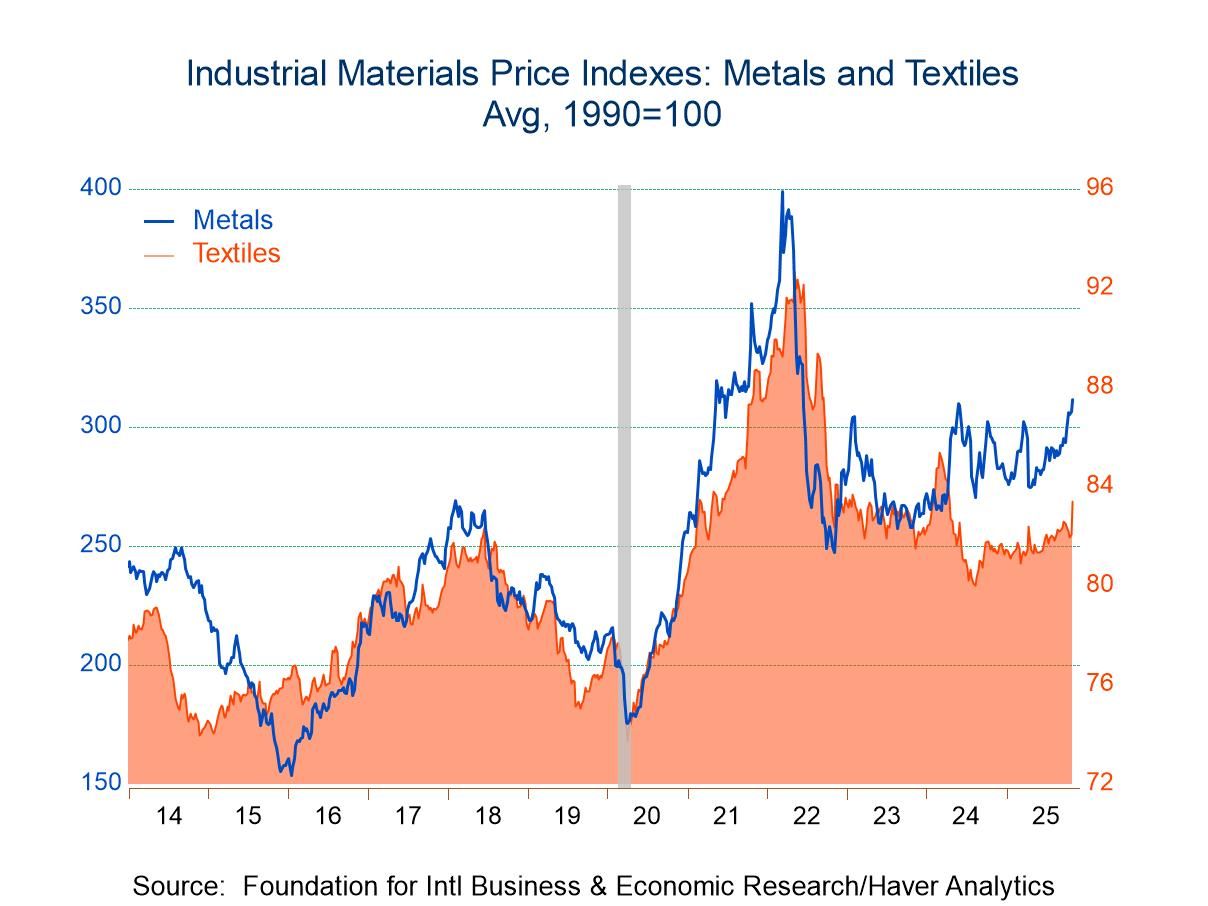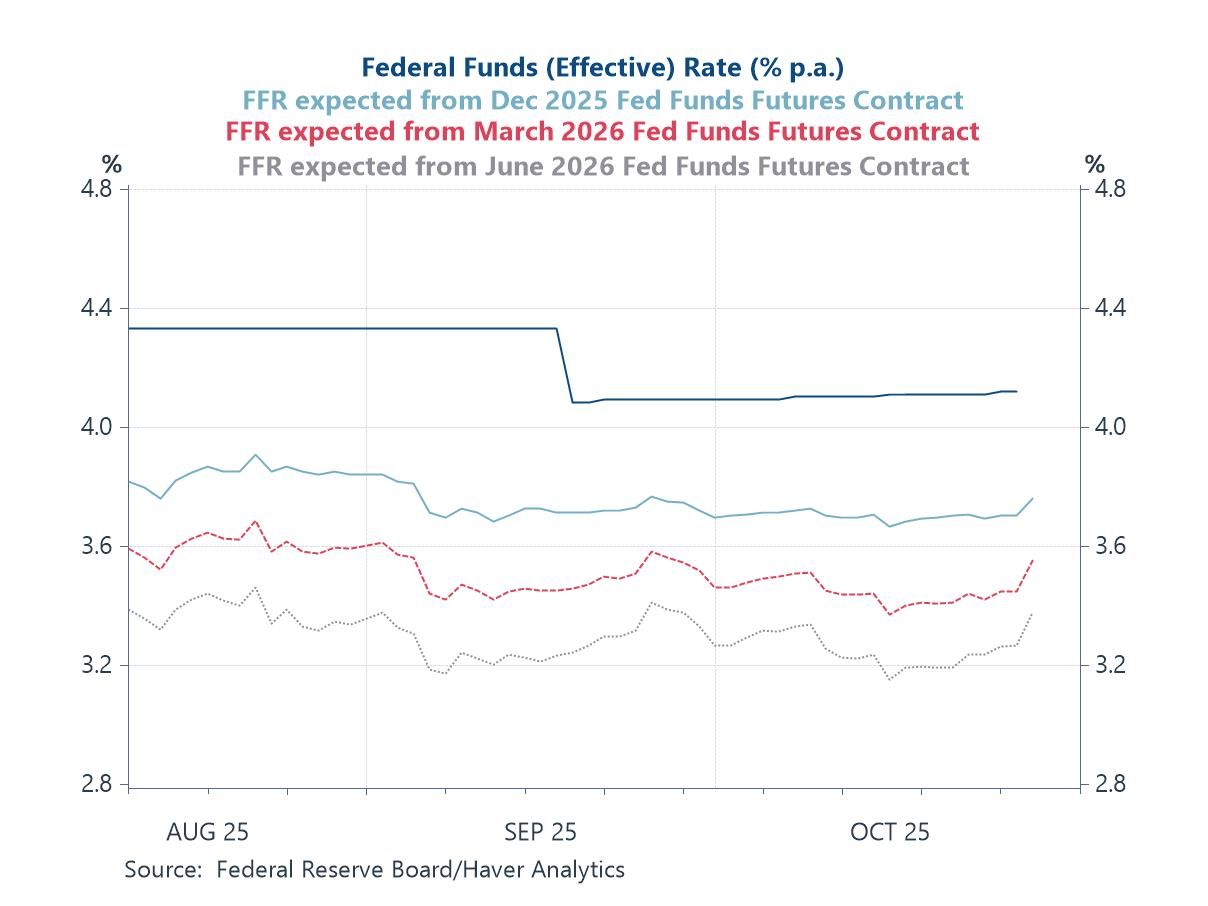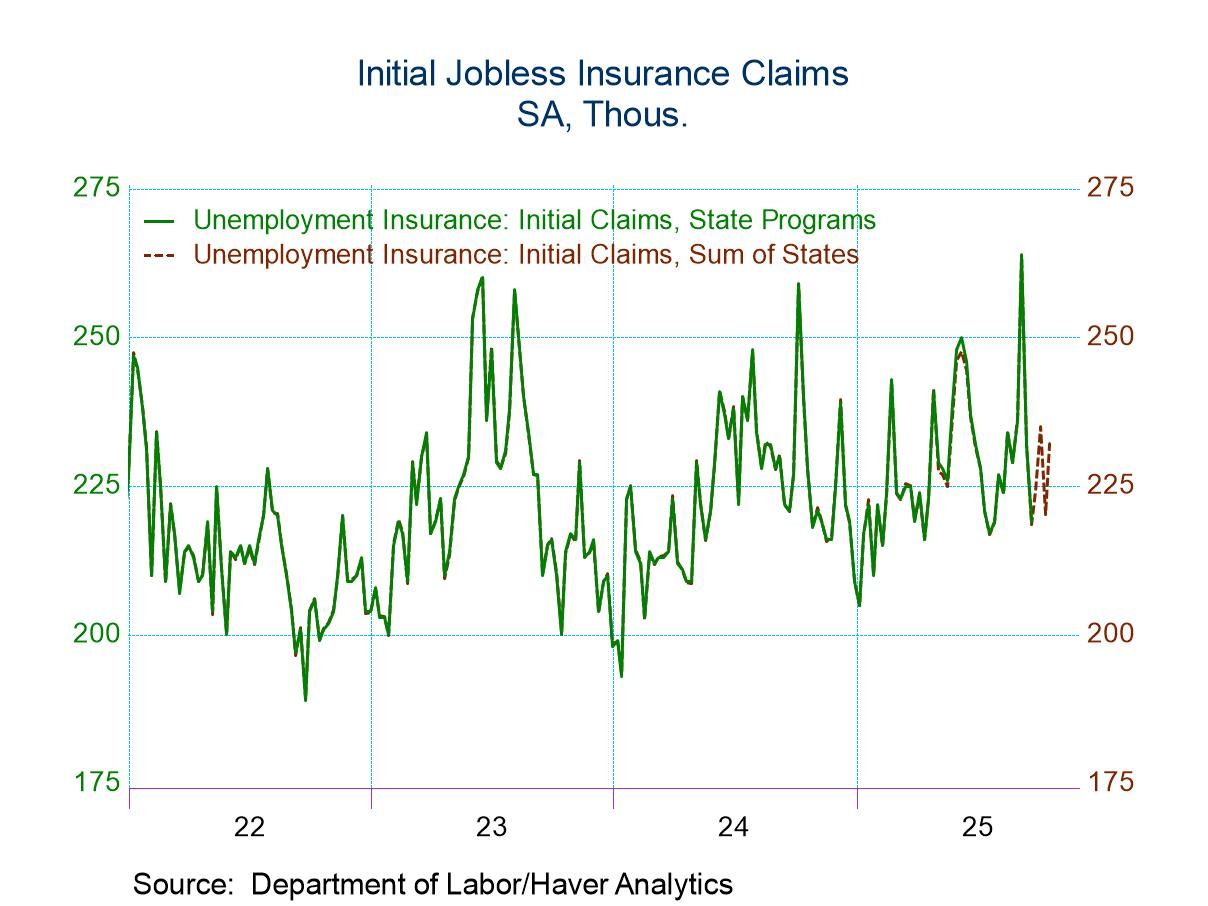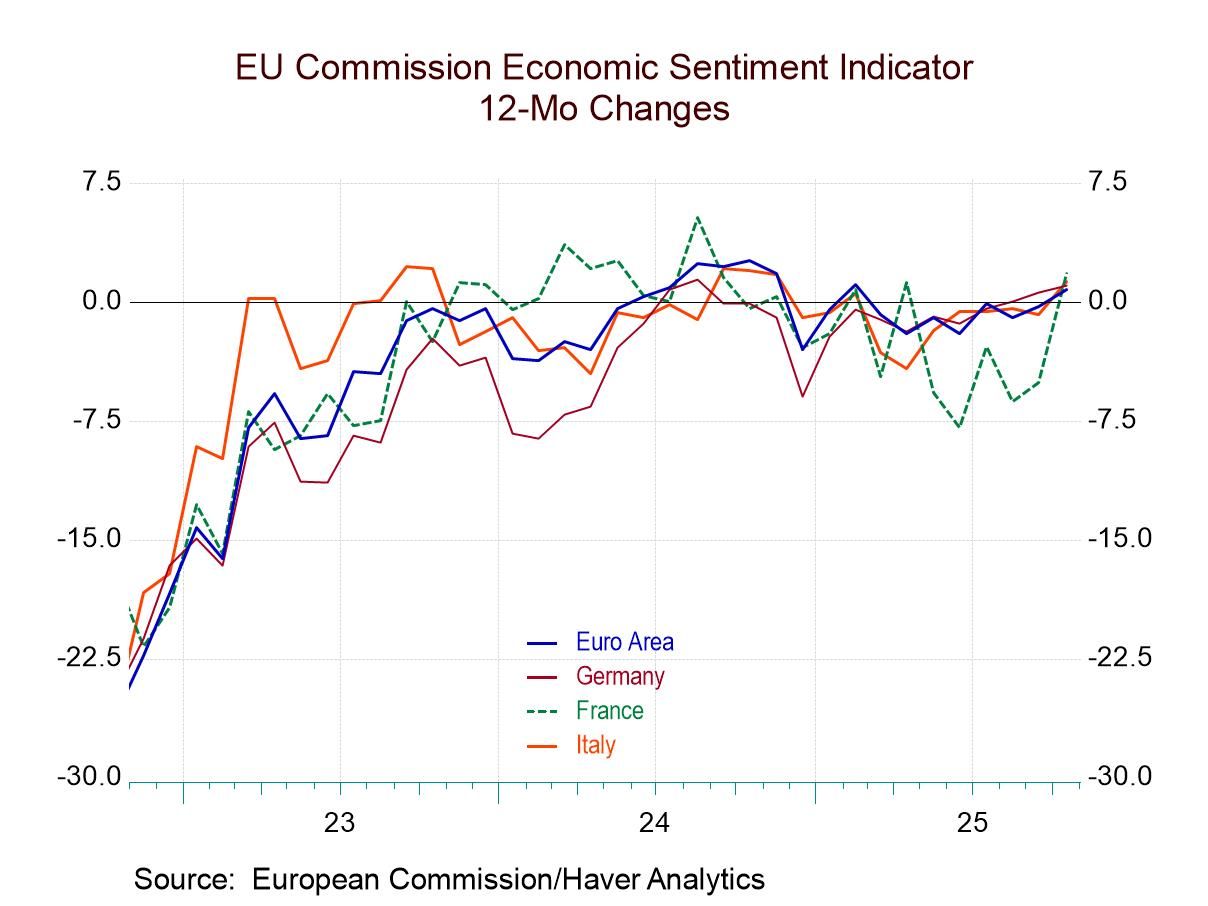 Global| Sep 06 2007
Global| Sep 06 2007U.S. Initial Claims For Jobless Insurance Fell Sharply
by:Tom Moeller
|in:Economy in Brief
Summary
Initial claims for unemployment insurance fell sharply last week and more than reversed the prior week's large increase. Claims for the week ending 8/30 fell 19,000 to 318,000. Consensus expectations were for 328,000 claims. The prior [...]
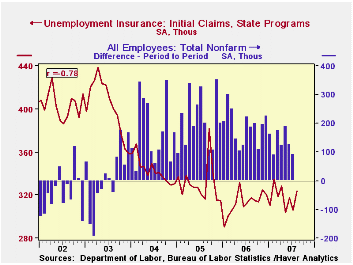
Initial claims for unemployment insurance fell sharply last week and more than reversed the prior week's large increase. Claims for the week ending 8/30 fell 19,000 to 318,000. Consensus expectations were for 328,000 claims.
The prior week's rise of 12,000 had raised fears in the market that recent gains in the labor market would slow. 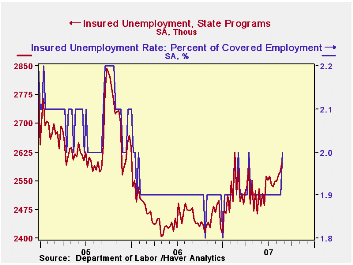
A claims level below 400,000 typically has been associated with growth in nonfarm payrolls. During the last six years there has been a (negative) 78% correlation between the level of initial claims and the m/m change in nonfarm payroll employment.
The four-week moving average of initial claims rose slightly to 325,750 (2.9% y/y), its highest level since April.
Continuing claims for unemployment insurance rose 25,000 after a downwardly revised 7,000 increase during the prior week. The continuing claims numbers lag the initial claims figures by one week.
The insured rate of unemployment increased to 2.0%.
The Fed's latest Beige Book covering regional economic activity is available here.
| Unemployment Insurance (000s) | 08/30/07 | 08/23/07 | Y/Y | 2006 | 2005 | 2004 |
|---|---|---|---|---|---|---|
| Initial Claims | 318 | 337 | 1.0% | 313 | 331 | 343 |
| Continuing Claims | -- | 2,359 | 5.3% | 2,545 | 3.3% | 2,459 |
Tom Moeller
AuthorMore in Author Profile »Prior to joining Haver Analytics in 2000, Mr. Moeller worked as the Economist at Chancellor Capital Management from 1985 to 1999. There, he developed comprehensive economic forecasts and interpreted economic data for equity and fixed income portfolio managers. Also at Chancellor, Mr. Moeller worked as an equity analyst and was responsible for researching and rating companies in the economically sensitive automobile and housing industries for investment in Chancellor’s equity portfolio. Prior to joining Chancellor, Mr. Moeller was an Economist at Citibank from 1979 to 1984. He also analyzed pricing behavior in the metals industry for the Council on Wage and Price Stability in Washington, D.C. In 1999, Mr. Moeller received the award for most accurate forecast from the Forecasters' Club of New York. From 1990 to 1992 he was President of the New York Association for Business Economists. Mr. Moeller earned an M.B.A. in Finance from Fordham University, where he graduated in 1987. He holds a Bachelor of Arts in Economics from George Washington University.



